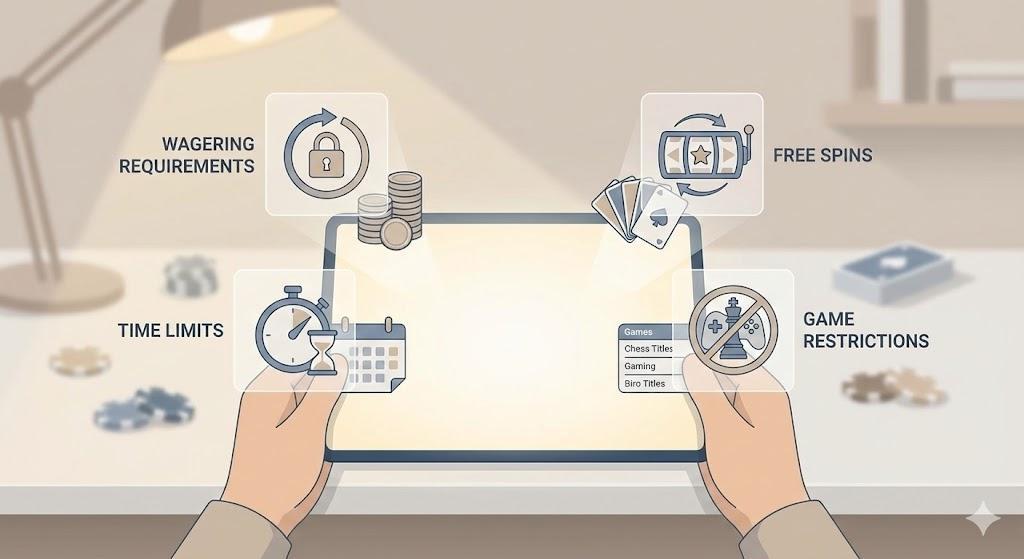Since the dawn of the internet in 1989, the world and its industries made a deliberate shift from analog to digital operations. However, in this new digitalized world, RNGs have played a major role in almost every industry. At first it was just for security, but with more inventions came an even greater need and use for this invaluable digital asset.
Table of Contents
ToggleWhat are RNGs?
RNGs are random number generators. Think of it like a digital computer capable of generating random sequences of numbers. These numbers are generated with no particular order or pattern, such that they cannot be predicted. There are basically two types of random number generators.
Types of RNGs
True Random Number Generators (TRNGs)
True random number generators, or TRNGs, are those that are grounded in the natural world and rely on physical phenomena to function. Such natural phenomena can include nuclear decay, atmospheric noise or other quantum processes.
Usually, these types of RNGs are considered more true or accurate because they function naturally, and by default, produce a higher level of randomness that is impossible to replicate. As such, they’re mostly used in situations or industries that demand high-level security, such as blockchain and cryptography.
Pseudorandom Number Generators (PRNGs)
Pseudorandom number generators (PRNGs) use computing prowess to generate randomized numbers. In other words, these generators use an algorithm to produce sets of digits that seem random, but in reality, follow a preset computational process. Generators like these usually require something known as a “seed” to function. And although they are not truly random, their outputs are always indistinguishable from those of TRNGs. To a human, this means they’re very much unpredictable and purely random. This is why these types of RNGs are the most commonly used in industry.
Industries Where RNGs are Used
The following are some of the top industries where RNGs are used in the 21st century:
iGaming
One industry that has flourished due to the successful integration of RNGs is the iGaming industry. Specifically, casinos cannot operate without RNGs. Randomization in casinos makes the games fair and the results unpredictable. You never know if you’re going to hit the jackpot or lose your money.

In physical casinos, randomness is achieved by spinning a roulette wheel or shuffling cards. However, when it comes to online casinos, RNGs create random outputs so game results cannot be controlled or manipulated.
Ideally, online casinos, such as Royal Panda New Zealand, are mandated by regulatory bodies to employ the use of RNGs. This gives players a fair chance at making gains or even winning the large jackpots available.
Blockchain
The blockchain industry is the backbone of the world of cryptocurrency and NFTs. One thing about this sector is the need for high-level security. Whether it is smart contracts or NFT minting, random number generation on the blockchain is inevitable.
For example, in NFT minting, this randomness ensures that each NFT has a unique characteristic, different from any other one on the blockchain. Also, decentralized apps (dApps) used in decentralized finance use randomness to ensure that no two wallet addresses or token addresses are ever the same.
All of this is possible thanks to RNGs.
Cryptography
Cryptography refers to the use of coded algorithms to secure information and restrict access to unauthorized persons. Ever heard of a passworded asset? Well, cryptography takes things to the next level by using algorithms to encrypt data, transforming it into an unreadable and inaccessible form. Only with the use of the original algorithm can such data be reversed (decrypted) back to its original form.
This core process of cryptography (encryption and decryption) entails the use of RNGs. RNGs help create strong, unpredictable encryption keys, plus other security-sensitive data that fosters the integrity of the encrypted data.
How RNGs Shape Online Gaming Experiences
RNGs shape online gaming experiences in the following ways:
- Give players equal chances for winning games like slots, thanks to independent and randomized results per spin.
- They eliminate the potential for cheating in card and table games like blackjack, unlike what happens in some physical casinos.
- Guarantee fair and open betting experience in sports betting.
- Help stop manipulation and fraud, both from the game operators and players.
- Make factors like player skill level or trickery ineffective in influencing results.
- They eliminate repetition in iGaming – for instance, reshuffling the same card twice in a row in a game of poker. Meanwhile, these things happen in some physical casinos.
- They make gameplay unique and exciting, as game elements are randomly generated.
Final Words
RNGs are essential when it comes to security and unpredictability. However, in the world of iGaming and gambling, they go beyond that to make the gaming experience autonomous, exciting, fair and ever-changing. They are the backbone of iGaming.





